Making Every
Moment Matter
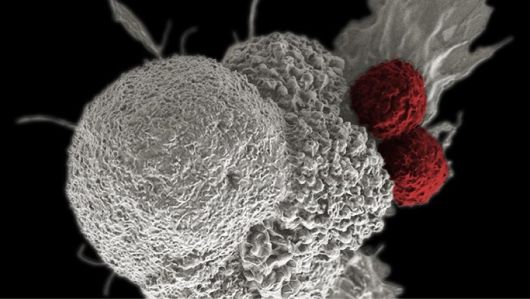
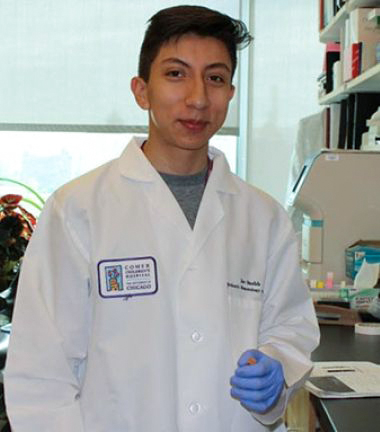
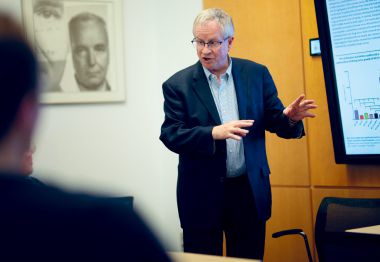
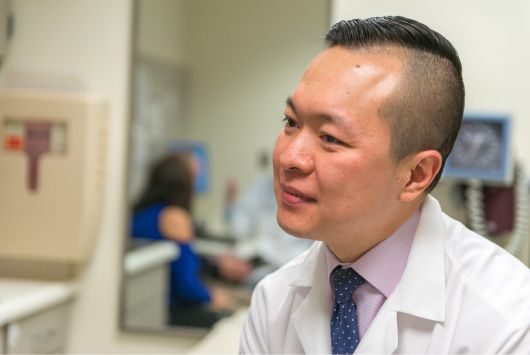
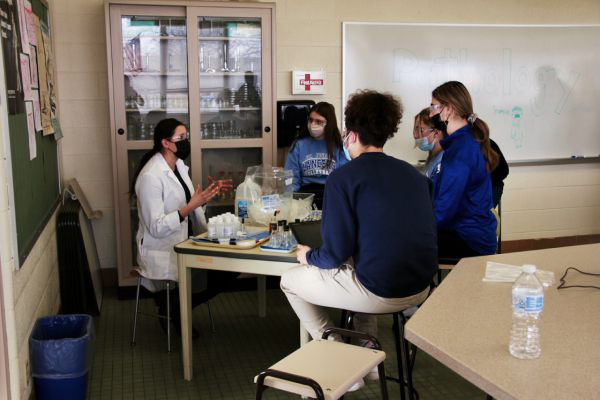
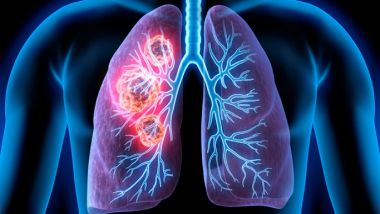
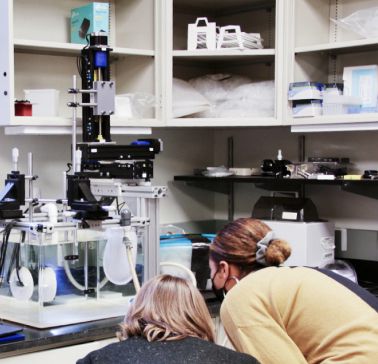
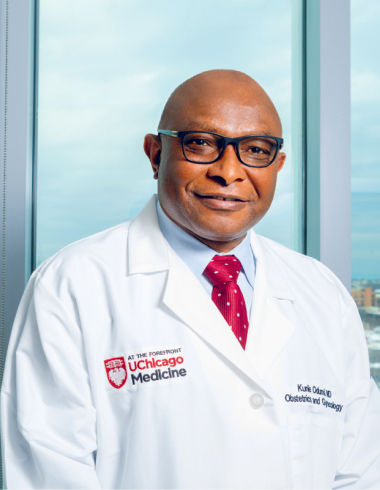

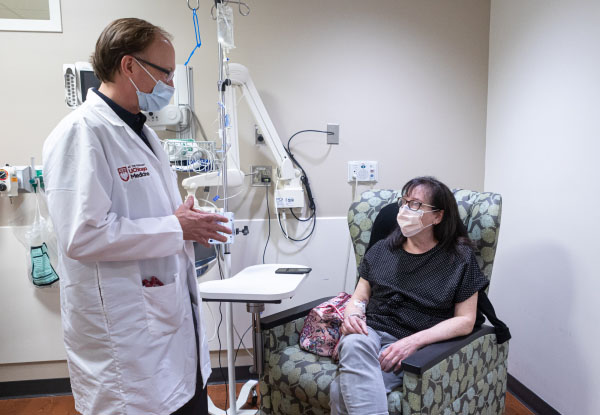
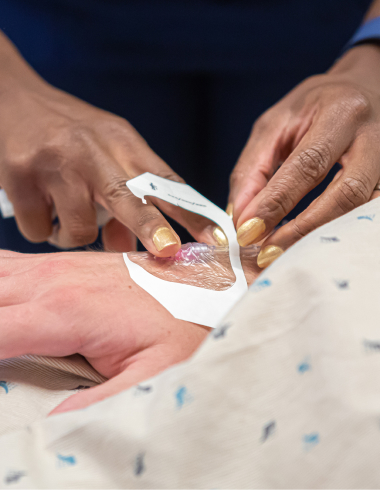




Time is not always on our side, especially when facing a serious illness such as cancer. At the UCCCC, we understand that patients need cures and they need them now. Our world-renowned physicians and scientists are spending every moment thinking of new ways to bring patients the latest, most effective cancer treatments. Every moment counts — because no one has time to let cancer stop them from living life to the fullest.
“Although progress has been made,
there are still too many people whose
lives are cut short by cancer.”
Kunle Odunsi, MD, PhD
A Message from Our Director
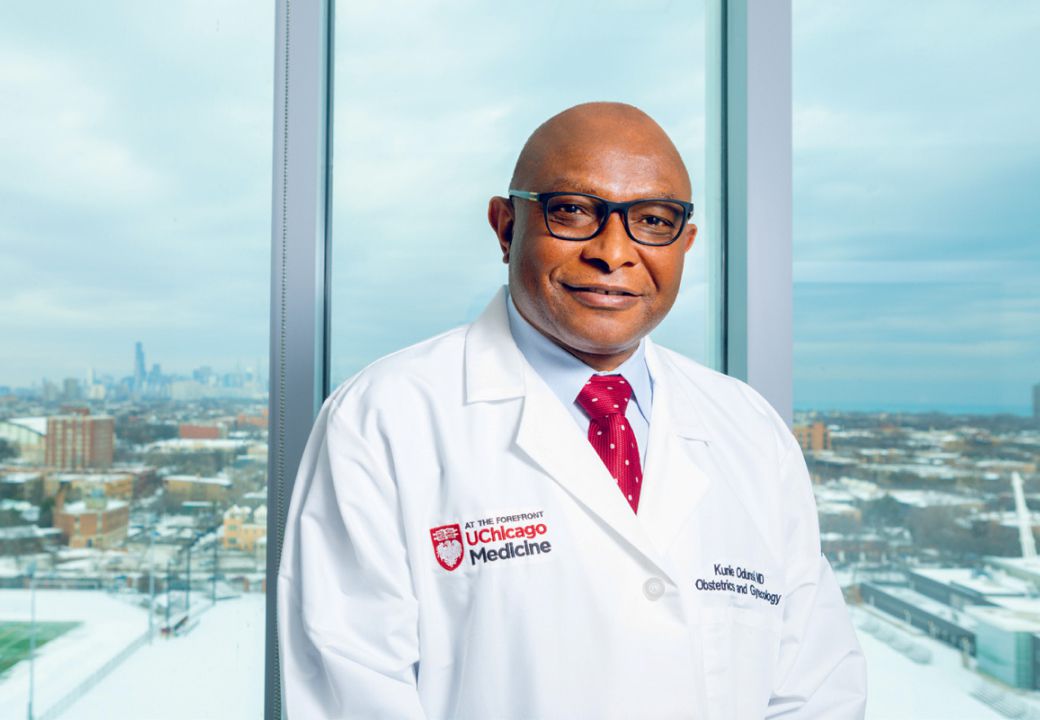
Cancer is a disease that robs people of time. Although progress has been made, there are still too many people whose lives are cut short by cancer. That is why we are working hard to bring laboratory discoveries to patients sooner. As a national leader in cancer research and care, we are focused exclusively on finding ways to stop cancer so that people live long, healthy lives. Below are highlights of the research and clinical advances that our physicians, scientists and staff have made in the span of a year.
Kunle Odunsi, MD, PhD
Director, University of Chicago Medicine Comprehensive Cancer Center
View leadership
UCCCC moves up to Top 15 of U.S. News & World Report’s “Best Hospitals for Cancer”
Plus, top “high performing” rating in colon cancer surgery, lung cancer surgery, ovarian cancer surgery, and prostate cancer surgery.
View article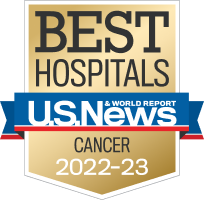




2022 Fast Facts & Figures
4,579
new cancer patients served (in 2021)
720
research grants
>$84m
in funding
580
cancer-related published manuscripts
58
aspiring scientists got hands-on lab experience
80
events for the community
Report contents

Advances in Clinical Care
We put patients at the center of everything and look to improve every aspect of the cancer journey.
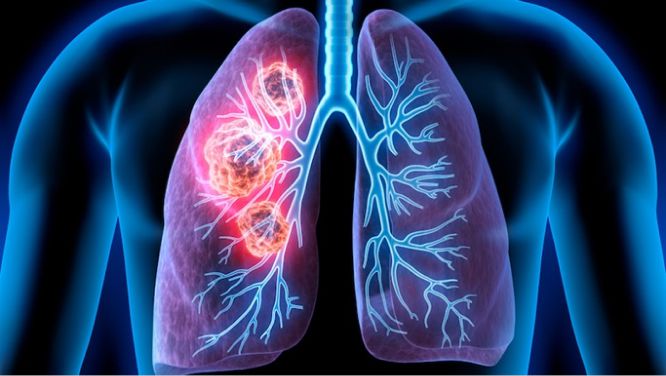
Research Highlights
Scientific discoveries bring us closer to new and better treatments with fewer side effects.
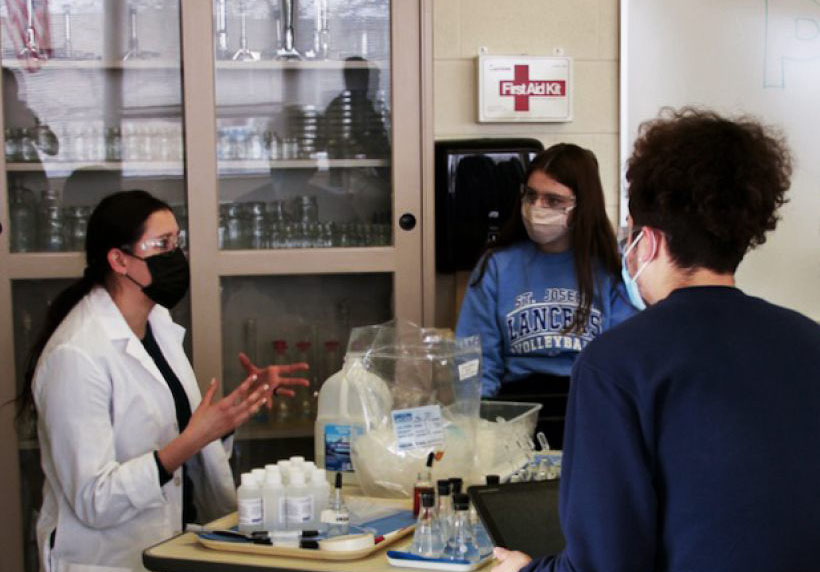
Cancer Research Training & Education
Our programs give students a jump-start on careers in cancer research and care.
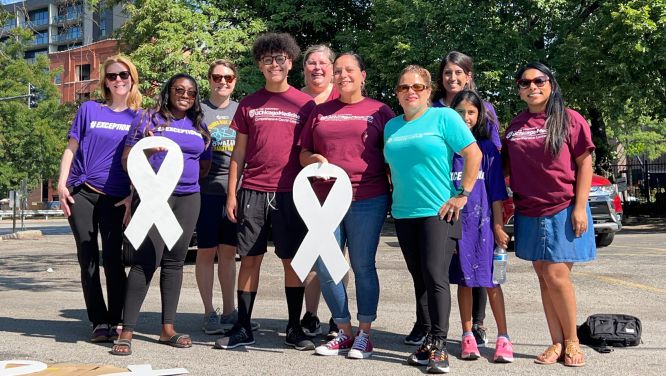
Community Outreach & Engagement
Cancer outcomes in Chicago are worse than the national average. We are working with the community to address cancer disparities and promote health equity.
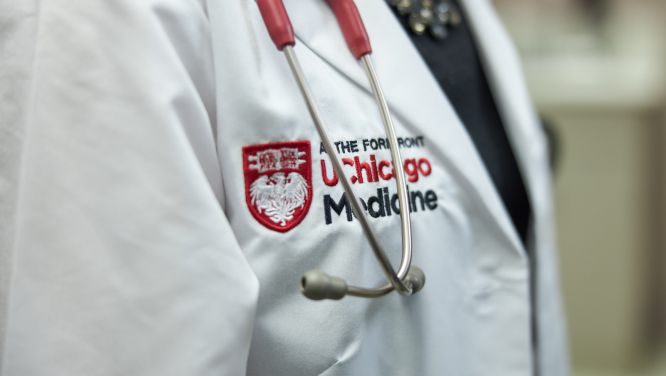
2022 Faculty Awards & Honors
Our investigators were recognized for their contributions to the study and treatment of cancer, as well as extraordinary leadership.

Cancer Registry Report
This report describes important details about our pediatric and adult patient population, such as types of cancers diagnosed and/or treated, and their geographic and demographic make-up.